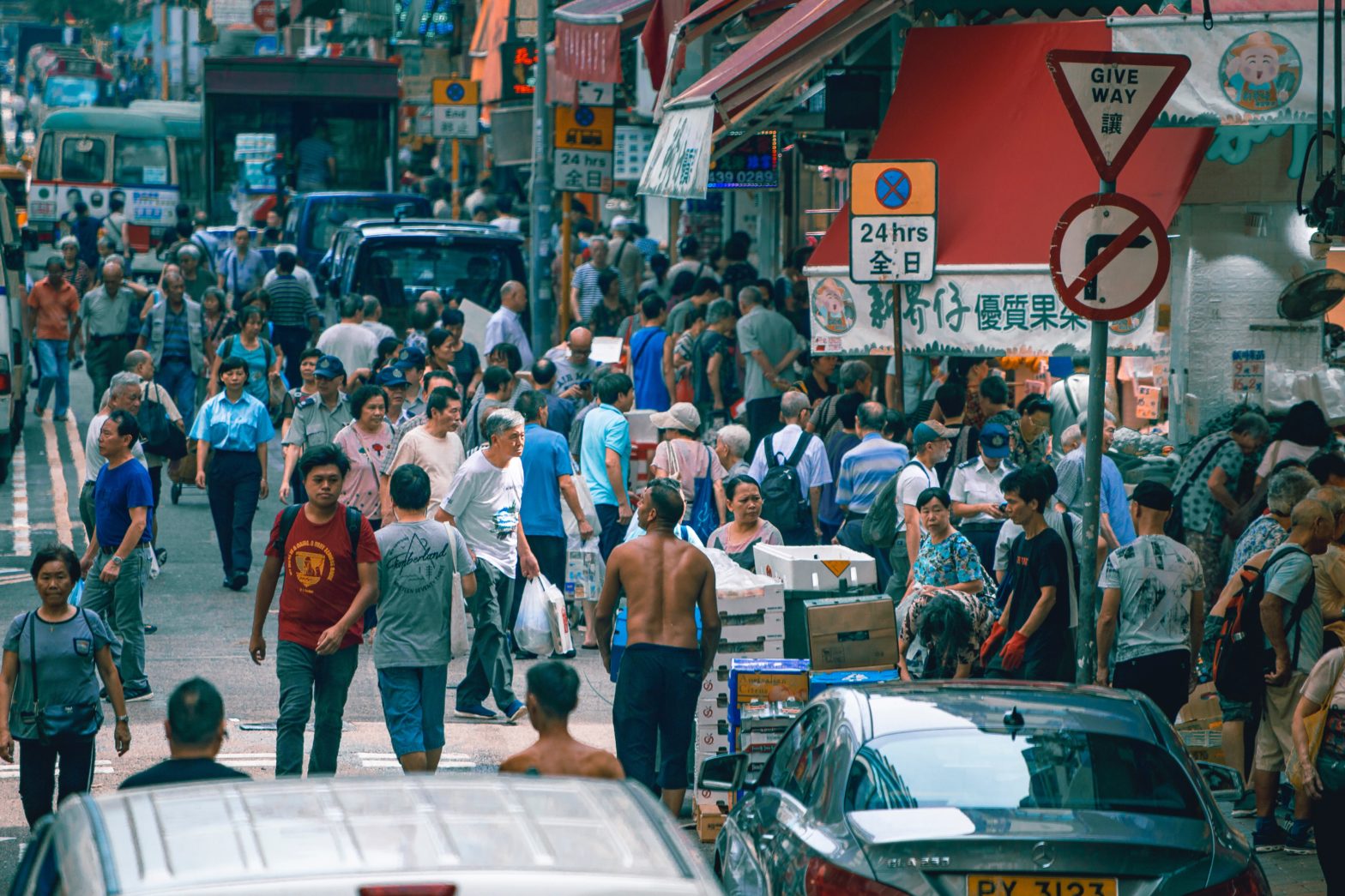Generation Y (Gen-Y) is a term that is used to describe kids that are born between the late 1980s and 1990s in Hong Kong. The simplest explanation is because their HKIDs usually begin with the letter ‘Y’. Indeed, Gen-Y can also be identified as a unique generation in Hong Kong.
Karen Cheung’s recent memoir, The Impossible City: A Hong Kong Memoir, is an oral history that speaks for the Gen-Y Hongkongers. Proudly, I am one of them.
Who are the Gen-Y?
The Gen-Y in Hong Kong is so blessed. Unlike those who fled to Hong Kong from the Mainland in the 1950s, or those who born during the baby boom, most of us did not experienced poverty – ten people squeezing in a tiny flat, sharing food and clothes with your brothers and sisters. These are our grandparents’ or parents’ stories, which Karen and I, and other Gen-Y have in common. Instead, most of our parents are educated. They could have better paid job and gave us a better living environment. We only have one or two siblings. With more resources, we do not have to work after school, as our parents did when they were kids.
However, the Gen-Y is also cursed. Divorce rate has been growing in Hong Kong since our generations. In Karen’s experience, her parents were divorced when she was young, and therefore she was raised by her grandparents. This also happens to some of my friends in Hong Kong.
We also experienced a changing atmosphere in learning. Indeed, we no longer had corporal punishment in classroom, but the mental and psychological pressure was much higher than our parents’ generation. Since we were a kid, we were forced to join various hobby classes after school. Choices, however, were usually limited: piano, swimming, drawing, and tutoring. Our parents would expect us to go to university, and become a professional. As Gen-Y, our career paths are set by our parents.
Housing problem is another issue in our generation. We cannot afford to purchase an apartment no matter how hard we work. Since Karen went to university, she has moved six times, and has lived with 22 flatmates. Her story is indeed unusual, however. Most of us would live with our parents even after we have married because rent is also expensive. Although the government does have public housing, most Hongkongers need to wait for at least five years to get their application approved.
We are just ordinary Hongkongers
The book is interesting in a sense that Karen has interweaved her personal experiences with significant events in Hong Kong. Readers outside Hong Kong might be surprised how ordinary her experiences were. However, they resonates memories of 99% of Gen-Y. For example, we were all affected by SARS when we were in primary school. Like Karen, we also remembered how school was suspended, jokes about Betty Tung’s famous line, and Joanne Tse’s heroic acts. However, the memories were so blur.
So did our attachment to those social movements. Most of us were not activists. We only sit in front of the television watching livestream on the news most of the time — at least prior to 2014. We participated in some demonstrations, but they were nothing excited to talk about.
Indeed, it is the ordinariness that makes this book different from other publications that also talk about Hong Kong. In fact, the memoir is not exactly a book about Hong Kong, and not even about Hong Kong identity. It is specifically written for Gen-Y Hongkongers. As Karen hints, our generation lives in a Hong Kong that is different from what is shown in Hollywood movies. They are snapshots from the ‘old’ Hong Kong. We do not go Yumcha everyday. Not all of us about kungfu. We still live in a crowded place, but it is not so messy. We are busy at work and very fast-paced, but we still have a kind of lifestyle. In fact, Gen-Y are typically not so ‘Chinese’.
Instead, most of us embrace Hong Kong localism. As the first generation of Hongkongers after the Handover, Gen-Y always wish to differentiate themselves from Mainland Chinese. They would emphasise the uniqueness of Hong Kong local identity, such as Canton pop music, online social media, movies and celebrities, and literature. However, the Chinese government suppresses promotion of Hong Kong localism, labelling it as a kind of ‘secession’. In a foreseeable future, Hong Kong localism will be diminished.
A book about ‘Hongkongers’
As such, we need to have oral history on Gen-Y Hongkongers. Indeed, part of this book is about Karen’s own story, but it contains valuable materials of people in Hong Kong between 1990s to 2020s. Overall, if you want to read more about Hong Kong, you may be disappointed; but if you a looking for understanding an ordinary Hongkongers, this book may be an interest for you.
Finally, thank you Karen for writing a book for our generation.

